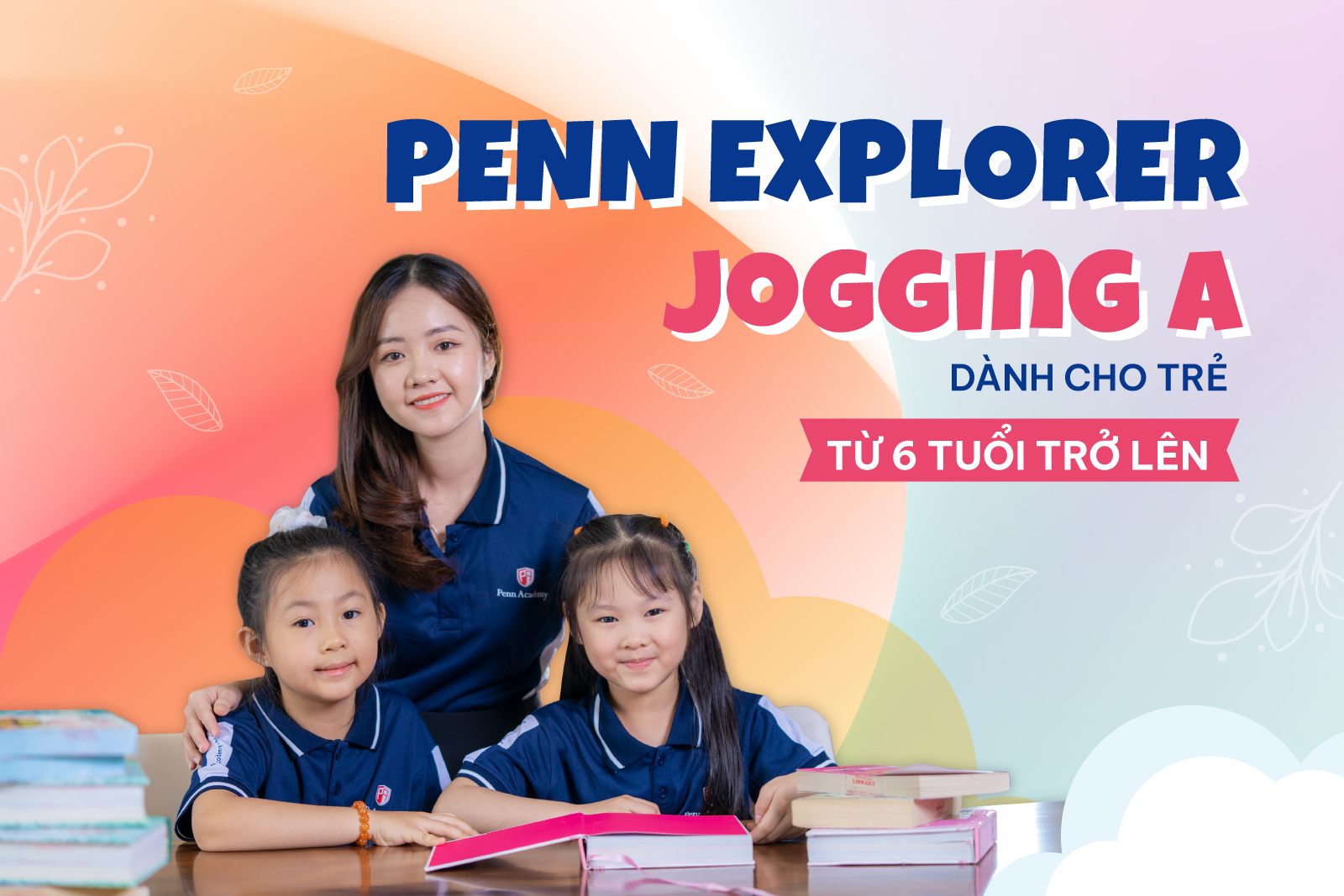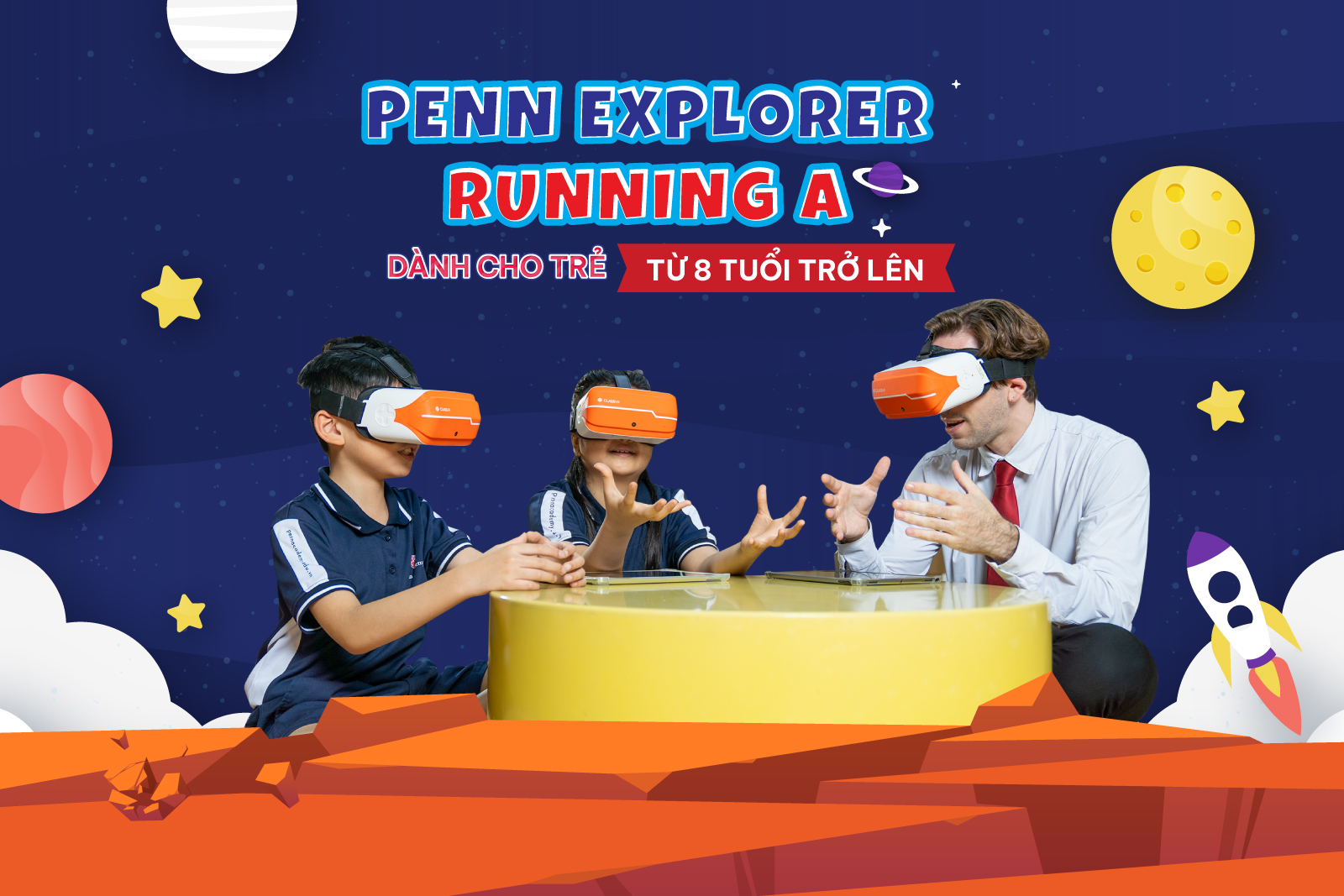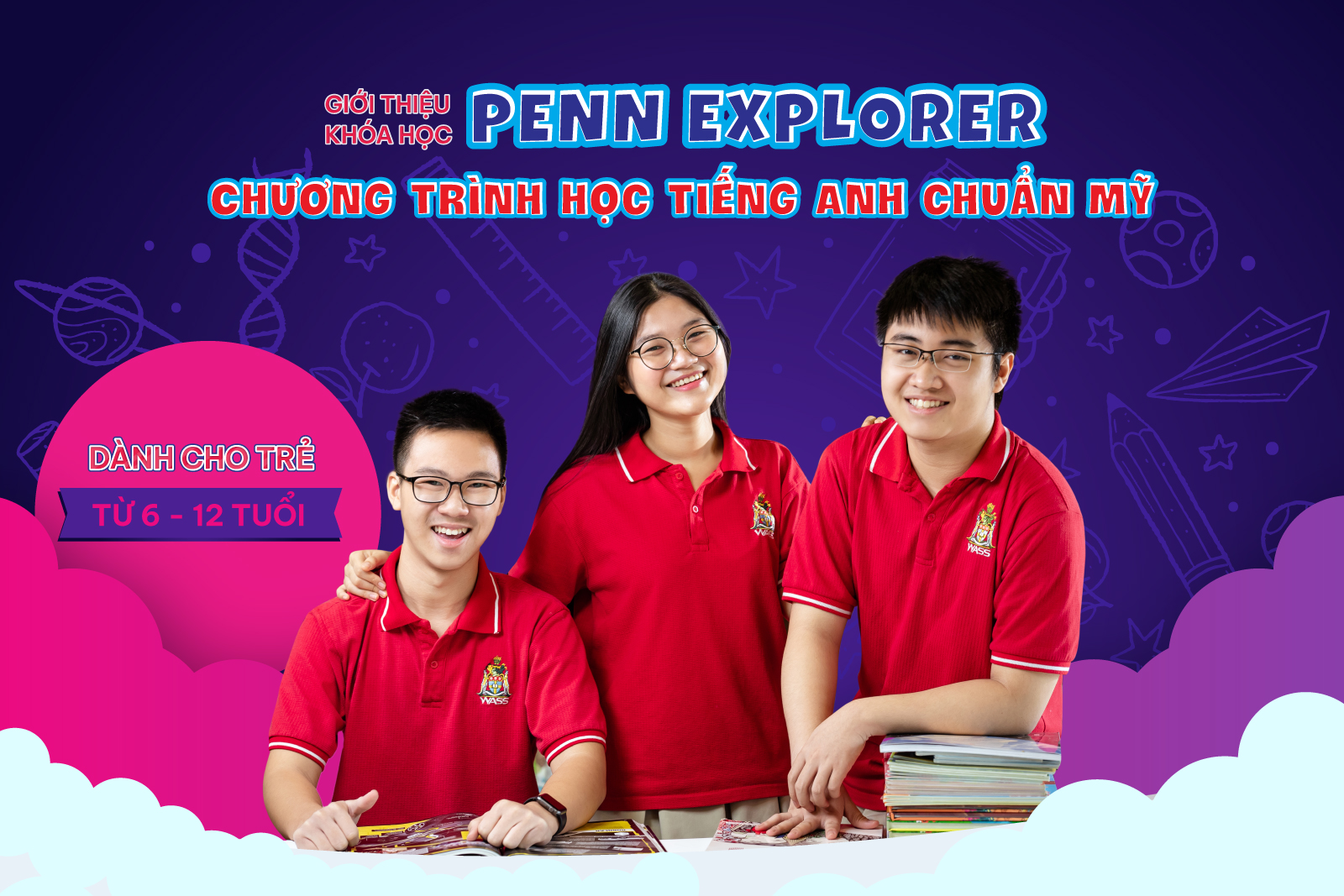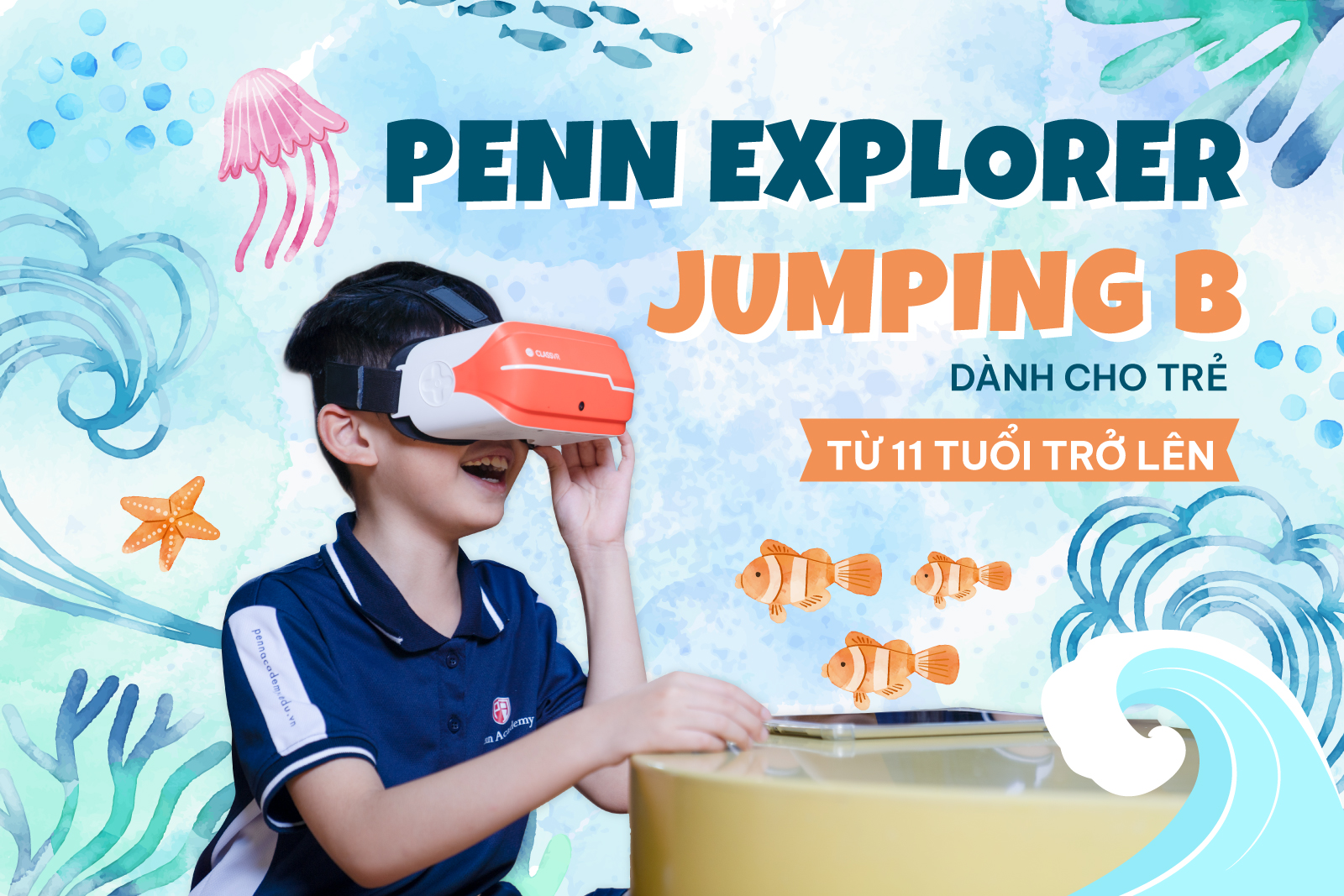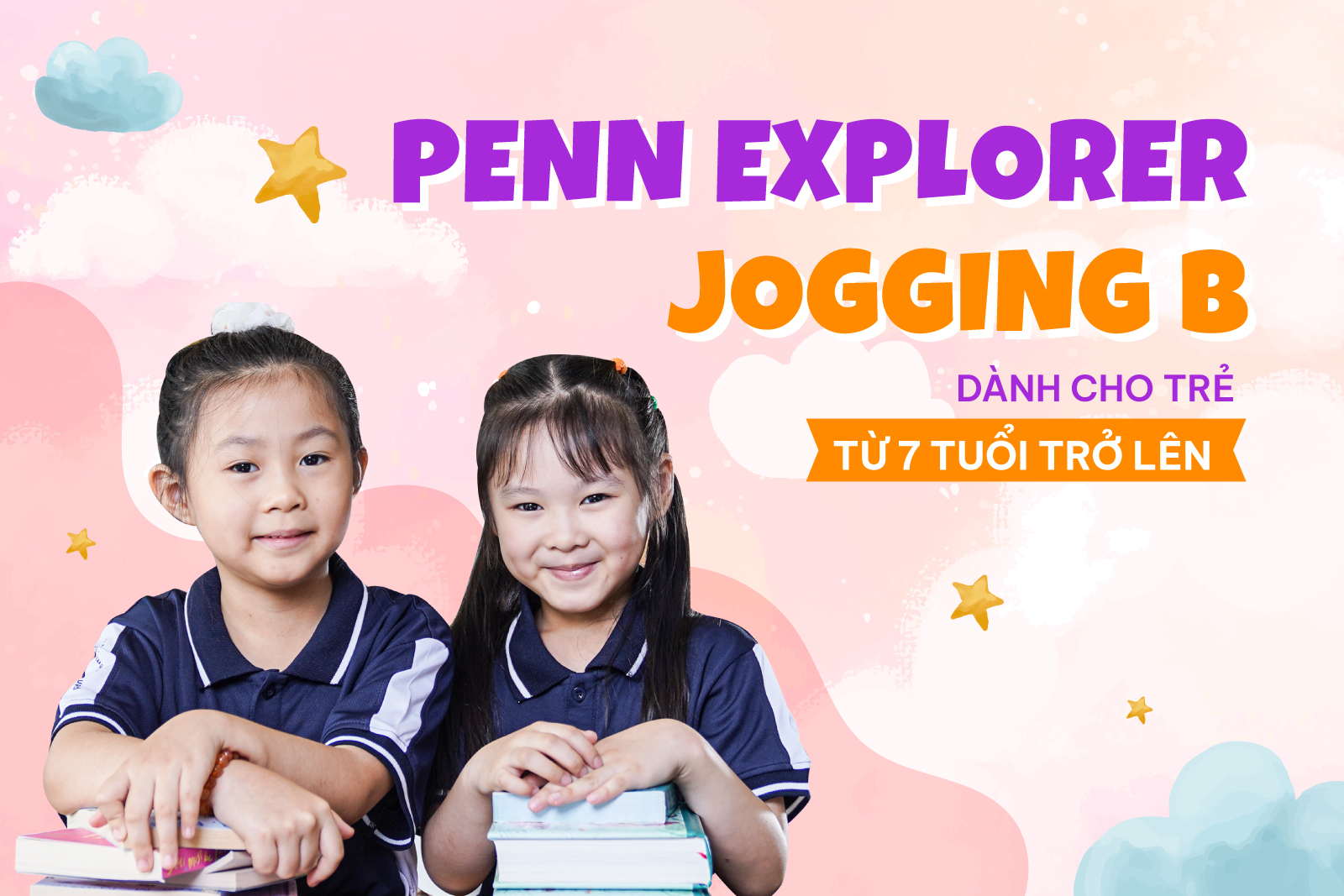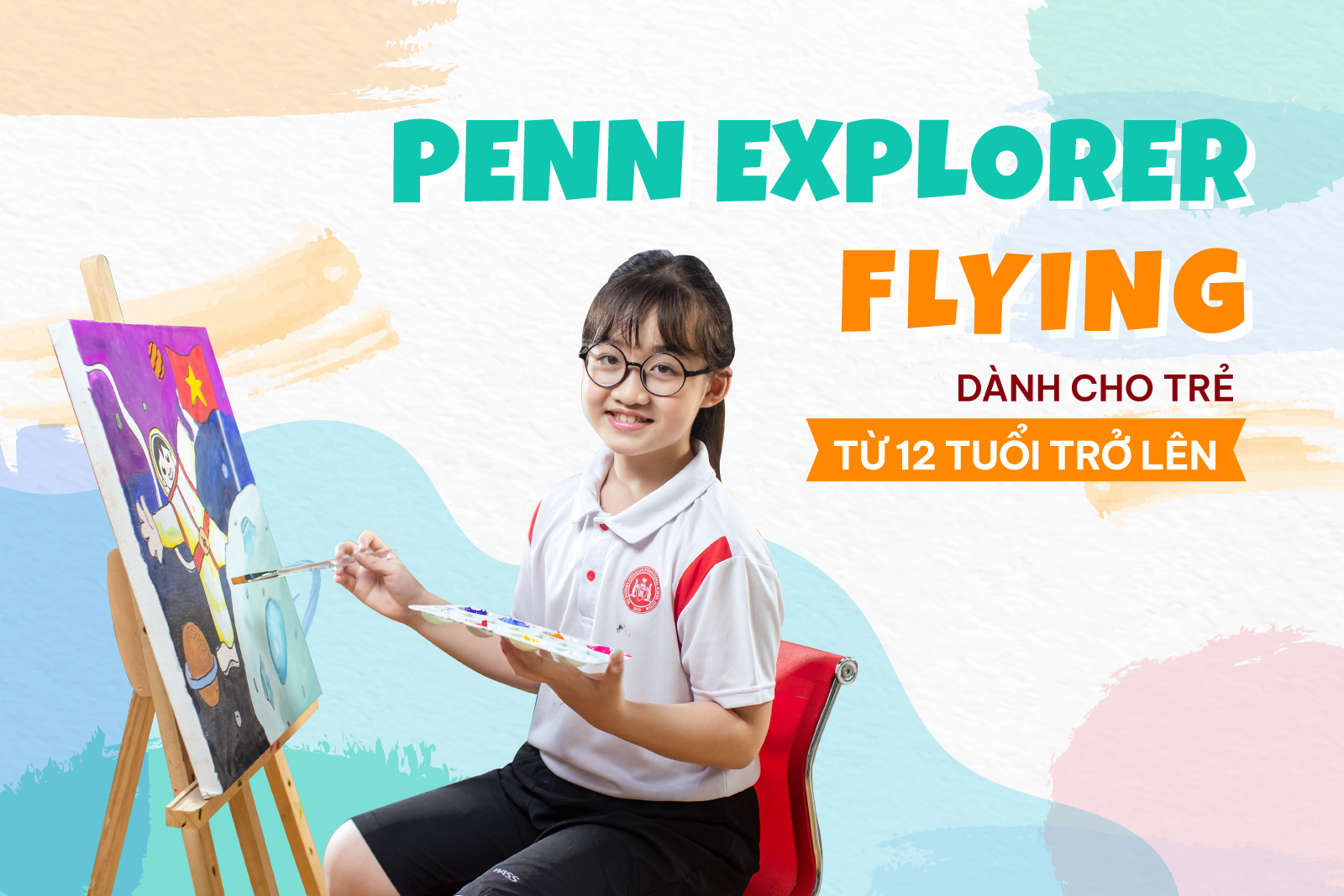Sign up for a consultation
Goal
The central focus of this course is literary analysis and writing. Students will explore various types of literature including short stories, dramas, and poetry while developing their ability to write and speak effectively. Students will develop critical thinking and reading skills by working collaboratively with peers and their teacher to answer higher-level questions. The study of literature, and the writing process, will also foster development of grammar, vocabulary, and English conventions.
Object
Students at 12 years old
Course outline
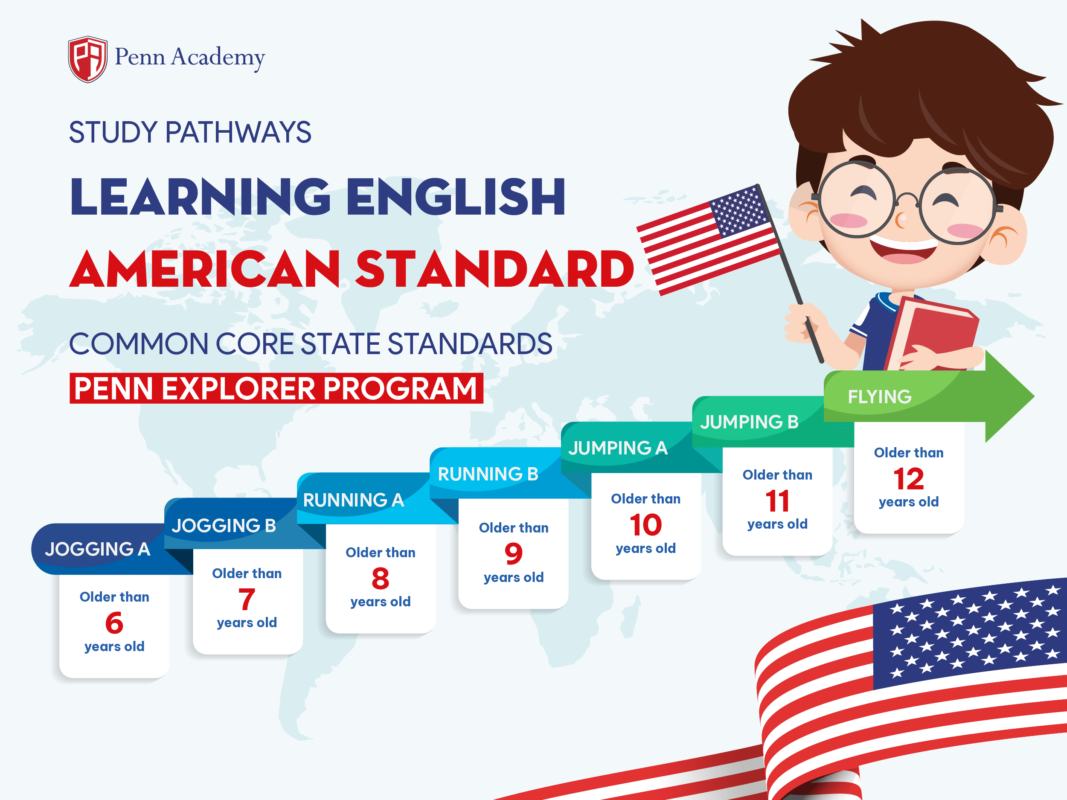
Curriculum
The course content is designed based on the Common Core State Standards for students in the 12th grade, in reference of US educational frameworks.
This course will focus on language arts skills such as reading, writing, listening, and speaking. Students in the seventh grade will be exposed to a wide range of genres in order to solidify their comprehension of literature and informational materials. Differentiated teaching will be used to integrate the development of communication skills through oral and writing expression across the curriculum. This course will aid students master the techniques and skills necessary for academic achievement in all disciplines.
Teaching staff
Penn Academy has a team of passionate and commited teachers who who are always eager to assist the young Vietnamese generation on their development journey. The native and Vietnamese teachers at Penn Academy all have teaching degrees that meet international standards and have many years of experience working with, and teaching English to children.
Form of learning
In addition to its lessons at the center, Penn Academy will run online classes through the Penn E-Learning system. The system has a user-friendly interface and numerous advanced features that allow students to easily communicate with teachers, use free online storage, and save lessons, among other functions.
Teaching model
The teaching and learning strategies provide models for teachers to create learning materials for their students that may be customized and utilized in different curricular areas.
Vocabulary building: This strategy focuses a portion of each classroom session on building a better vocabulary. Teachers invite students to point out unfamiliar words, cover meanings in class, and use interactive vocabulary-building exercises related to the class’s reading material.
Writer’s workshop: The writing workshop model allows students to learn about and participate in all aspects of the writing process; such as drafting, revision, editing, and publishing.
Peer response and editing: A valuable teaching strategy. Students are given the opportunity to analyze others’ writing and see the results their classmates got from a writing assignment. In addition, teachers observe how different students learn and what strategies are the most effective.
Cooperative learning: Cooperative learning tasks students with discussing a piece of literature in small groups. By allowing the students to engage in meaningful discussion, they begin to learn to analyze literature and engage in an educational process that they can take full ownership of. Students have found this to be a more engaging strategy than most traditional methods.
Student-chosen texts: Allowing students to choose their own reading materials is a strategy that literacy specialists recommend as a way to develop lifelong readers. Students select material from an age and reading level appropriate book library. Following a time of solo reading, students form book club-style groups and discuss what they’ve read, followed by reflection. When successfully applied, students dive deeply into the meaning of the text, develop critical thinking, and engage in debate with their classmates about the text they selected.
Teaching model
The teaching and learning strategies provide models for teachers to create learning materials for their students that may be customized and utilized in different curricular areas.
Vocabulary building: This strategy focuses a portion of each classroom session on building a better vocabulary. Teachers invite students to point out unfamiliar words, cover meanings in class, and use interactive vocabulary-building exercises related to the class’s reading material.
Writer’s workshop: The writing workshop model allows students to learn about and participate in all aspects of the writing process; such as drafting, revision, editing, and publishing.
Peer response and editing: A valuable teaching strategy. Students are given the opportunity to analyze others’ writing and see the results their classmates got from a writing assignment. In addition, teachers observe how different students learn and what strategies are the most effective.
Cooperative learning: Cooperative learning tasks students with discussing a piece of literature in small groups. By allowing the students to engage in meaningful discussion, they begin to learn to analyze literature and engage in an educational process that they can take full ownership of. Students have found this to be a more engaging strategy than most traditional methods.
Student-chosen texts: Allowing students to choose their own reading materials is a strategy that literacy specialists recommend as a way to develop lifelong readers. Students select material from an age and reading level appropriate book library. Following a time of solo reading, students form book club-style groups and discuss what they’ve read, followed by reflection. When successfully applied, students dive deeply into the meaning of the text, develop critical thinking, and engage in debate with their classmates about the text they selected.


